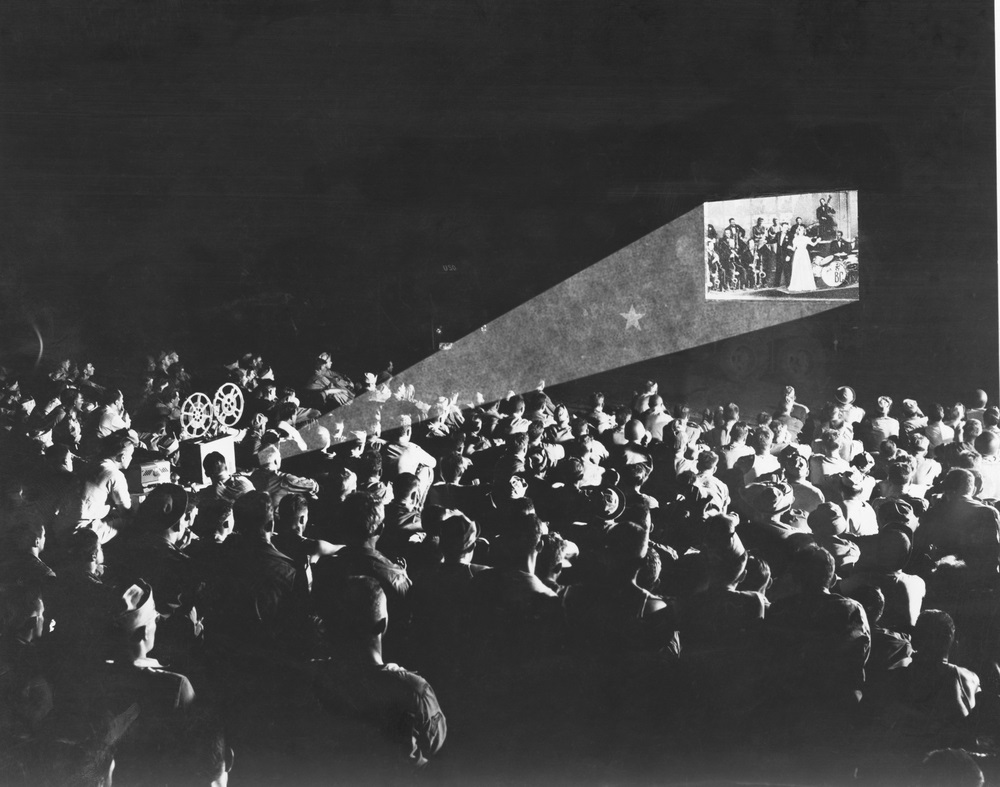Mayor Eric Adams’ new agreement with the police union, his second major labor deal, could be worse.
It nods to an unavoidable market reality: The NYPD has to pay rookies more to replace officers who are retiring or quitting. And the mayor does keep raises for existing officers below inflation.
Even so, we’re giving away a lot without asking for much in return — and we still can’t afford it, even in the short term. Taxpayers may pay for this contract well after it expires.
First, the good. The eight-year deal resolves an impasse that dates back to 2017, when the previous agreement expired.
Annual raises, retroactive to six years ago, range from 2.25% for 2017 to 4% for next year, for a total of 29.5%.
Since the last time police officers got a raise, 2016, inflation is up about 24.9%.
So unless inflation abates significantly by next year — it’s running about 6% — veteran police officers will earn a little less, in real terms, in base salary than they did back then.
But — and some big buts. First-year officers will earn a $53,790 base pay, a 27% hike over the current starting salary.
With a “bonus” that everyone gets, as well as other sundry cash payments, they’ll earn close to $60,000 before overtime.

Fine: Starting salaries must account for the erosion of the dollar or it will be even harder to recruit cops.
But fifth-year officers will do much better: After bonuses but before overtime, they’ll earn $131,500, about 50% more than current fifth-year officers.
With overtime, then, it won’t be uncommon for officers with more than five years on the job to earn well over $200,000 annually.
The city says it will try to cut back on overtime, with a pilot that allows for 10-to-12-hour straight-time shifts and fewer days-per-week worked, but there’s no guarantee that will happen.
OK, so we say policing is a profession, and we’re paying veteran officers as highly skilled, experienced, educated New York City professionals.

Fair enough — but most six-figure professionals get nothing like the kind of pension benefits uniformed city workers get, such as retiring with half-pay (including some overtime) after 22 years on the job.
And most six-figure professionals get no union protection from workplace accountability: If they screw up on the job, they’re gone.
Higher pay in exchange for more accountability to benefit the city might be a good tradeoff — but Adams did only half the tradeoff here.
Another headache: This deal’s two final raises — 3.5% this year, 4% next year — exceed what Adams awarded in February to DC 37, the city’s unionized civilian workforce. DC 37 only got 3% raises for each of those two years.
This 4% precedent thus creates a new pattern and a hurdle for city and state agencies as they negotiate with other unions.
The state-run Metropolitan Transportation Authority, for example, must soon ink a deal with the Transport Workers Union.
The MTA has planned for only 2% annual raises and even then faces massive deficits. Now labor will pressure it to double that.
Even in the short term, the city will strain to pay for this deal. Budgeters had planned for only 2.5% retroactive annual raises for uniformed workers through 2021 and 1.25% thereafter.


So $2 billion of the $5.5 billion cost over the next five years is unfunded, even as the city confronts a $3.2 billion deficit next year.
The mayor is already fuzzy on how and when he’ll cut the retro-pay checks, raising the possibility he’ll stretch them out over years.
Funding retro pay in the future is something Mayor Bill de Blasio invented — and that the state government should put a stop to.
The work being paid for has been done. Bankrolling it later is akin to borrowing for past operating expenses, supposedly outlawed after the 1970s fiscal crisis.
The mayor proposes to close remaining gaps with efficiencies, efficiencies, efficiencies — he’s constantly repeating the word and earlier this week asked city agencies for a new round of cuts, worth 3% to 4% of planned spending.
But he’s not leading by example: The Police Benevolent Association didn’t have to deliver a single guaranteed efficiency in return for Wednesday’s deal.
Nicole Gelinas is a contributing editor to Manhattan Institute’s City Journal.















